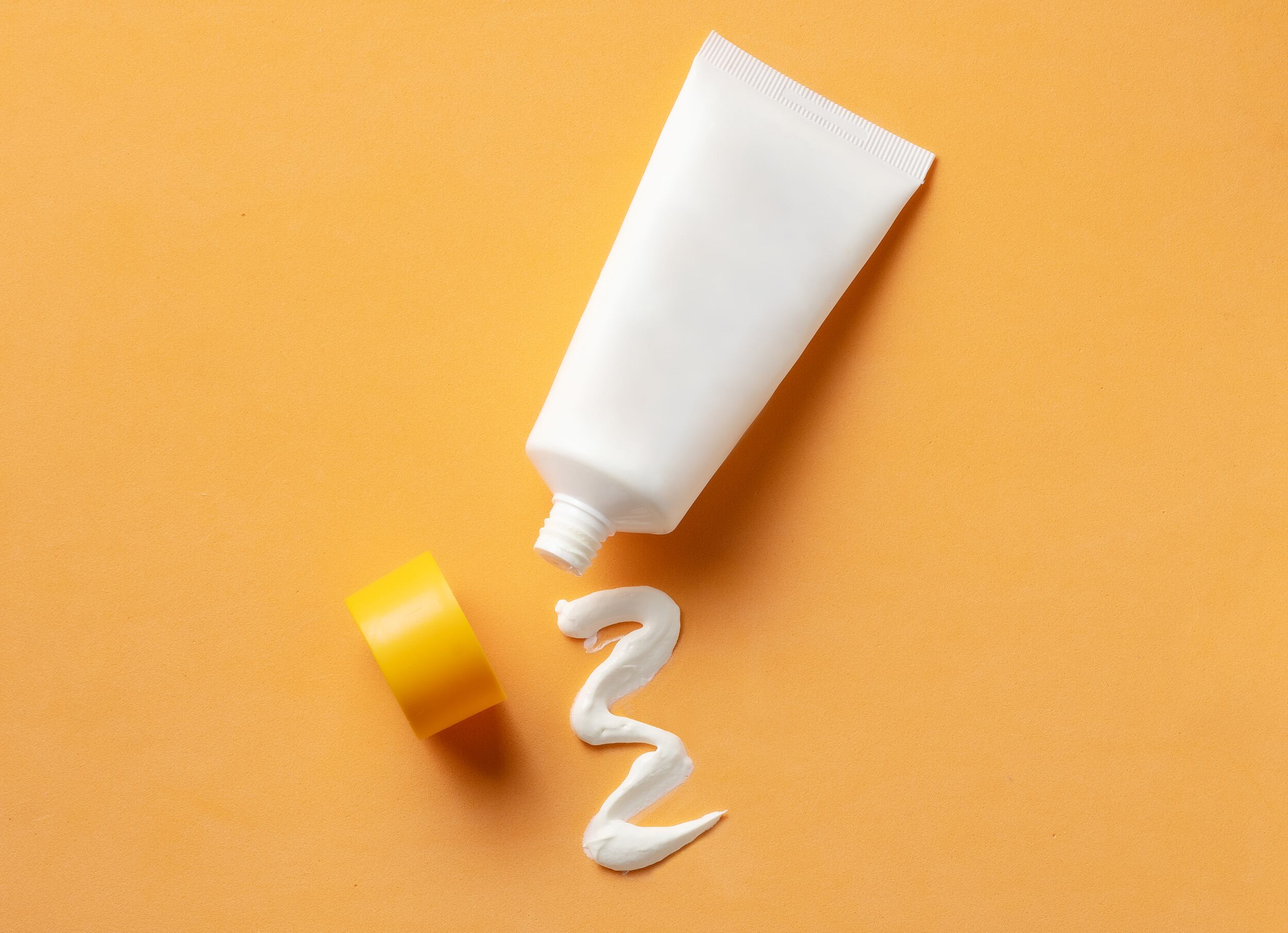In recent years, the focus on the microbiome in the beauty and personal care industry has evolved well beyond oral supplements that support gut health into a myriad of other categories and products.
According to Heather West, associate and patent attorney at European intellectual property firm Withers & Rogers, and a member of the firm’s Life Sciences and Chemistry group, our increasing understanding of the skin’s microbial ecosystem and its fragility is rapidly expanding the skin care market.
“Innovators are now appreciating the true value of preserving or rebalancing the microbes that live on the surface of the skin to treat and prevent skin conditions such as acne, eczema and rosacea, as well as for cosmetic applications such as slowing the ageing process,” she said.
According to West, innovation is focused in four key areas: “Prebiotics, which nourish the good bacteria on the skin, probiotics, which supplement the skin with additional microbes, postbiotics, which are bioactive compounds derived from skin microbes, and finally skin microbiome-screening methods.”
Who & what is dominating this space?
Data gathered by patent specialist company PatWorld revealed that European patent filings relating to the skin microbiome have increased exponentially in the last decade with patents for barrier preparations, skincare preparations and drugs for dermatological disorders among the most frequently filed.
West also noted the many acquisitions of microbiome-focused companies by cosmetics companies. For example, last year Beiersdorf AG acquired a majority stake in S-Biomedic NV – a life science company focused on microbiome skincare. While Japanese beauty company Shiseido, acquired microbiome skincare-focused brand, Gallinée.
As well as greater collaboration between cosmetics companies and universities, such as Unilever’s partnership with the University of Liverpool’s Microbiome Innovation Centre.
“Global bioscience companies such as DSM IP Assets B.V. and luxury brands including LVMH Recherche currently dominate the European market, holding the most patent publications in Europe,” shared West.
“As knowledge of the underlying microbial causes of skin conditions continues to emerge, innovators are having to work harder to claim their stake in this fast-moving market.”
Notable patents
According to West, there have been several patent applications of note in the microbiome-focused skincare field in recent years.
“For instance, Unilever’s development of a cosmetic product containing glycerol, fatty acids and petroleum jelly that enhances the abundance of resident S.epidermidis bacteria to improve skin moisture retention and minimise the signs of ageing skin,” she said.
She also highlighted probiotic formulations created by Crown Laboratories that contain dormant, genetically modified bacteria to even out skin tone and reduce pore size, and Prodermiq’s methods of profiling an individual’s skin microbiome for tailored skincare solutions.
Advancements in AI and machine learning are pushing the boundaries of skincare innovation even further. “AI-powered tools are now being used to collate large amounts of biological data, test millions of ingredient combinations and predict interactions between product ingredients and the skin microbiome to ensure product safety,” said West.
“Such applications are quickly evolving the market and paving the way for true personalised skincare, built on a deep and complex understanding of the skin microbiome,” she said.
Advice for innovators
West said that it is a pivotal time for those who wish to innovate within this space and it’s crucial that they understand the intensifying competition in this market, as well as the regulatory and patenting hurdles when dealing with living microbes.
“Novel inventions developed by startups are vulnerable to the field’s big litigious players and should be protected as soon as possible to ensure interest or exploitation from opposition can be weathered,” she said.
“When filing a patent application, skincare innovators should ensure their invention is backed by sufficient data that proves the concept works and is replicable. The microbiome skincare revolution has began and innovators need to move quickly to ensure they can claim their stake.”
While West focused on skin care innovation, other categories that are also potentially ripe for NPD innovation include oral microbiome, baby care and the feminine care category.





